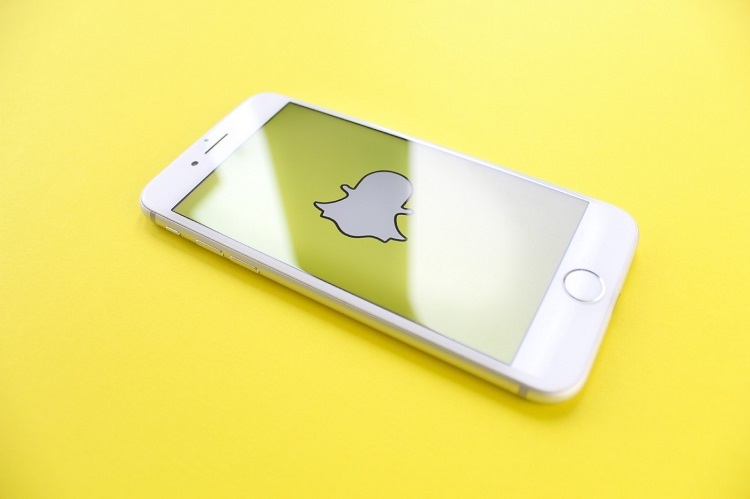If a company thinks that its brand is solely controlled by itself and not anyone else, the new phrase “You don’t control your brand” may shake its nerves!
The new phrase has become popular among the marketing circle nowadays. It’s offering a pleasure to marketing experts and consultants at conferences to repeat again and again – it’s not you who control your brand, but your consumers!
Table of Contents
Role of Social Media
Social media aficionados love to use this phrase to explain the idea that latest online channels have made marketing democratic. They say that new media marketing is more free and social. While this is true in many aspects, the real meaning of it is that consumers have a bigger voice than they ever had before, courtesy to social media.
Why the Phrase is Nonsensical
However, the expression “you don’t control your brand, but someone else” is nonsensical. While on the face of it, this sort of statement may appear to be a brief insight about the status of marketing today, it shows a basic misunderstanding about the real meaning of brand and how it is built.
First of all, you never control your brand so the best way is to get in touch with BrandQuest – a branding agency Sydney at http://brandquest.com.au!
But another fact is that no one did!
It’s All About People’s Perceptions and Emotions
Actually a brand is something that cannot be controlled. The reason? It’s because brands are entirely concerned with people’s perceptions and emotions. Your brand is what people feel and understand about your company. Regardless of what you do and how hard you work, you just have no control over what someone else believes or feels.
You only can shape others’ perceptions in particular directions. You can impact others’ reactions to something. However, not only you, but no one else has the ability to control how anyone feels about something. Unless you have some kind of mind control tool or are a fascist, it’s simply out of the question.
What a Brand Really is
Again considering what a brand is, for consumers it indicates a kind of mental shorthand. Brands are created by consumers for everything: for organisations they see ads of, for products or services they use, for places they vacation, for celebrities they have a high regard for and so on. Consumers have the ability to create brands for literally everything from people to things to places.
Consumers create brands to sum up their feelings and emotions. It’s the expression of whether they love the brand? Or what sort of experience can they believe the brand to deliver?
You Cannot Control What but Can Control How
Some people like a certain brand of shoes, while others think it’s the personification of corporate evil. Can the brand of shoes control what consumers think? No! But can it influence how consumers feel about them? Yes, definitely! There are numerous doable things for the brand with which they can help people form positive impressions about their brand.
They can produce high quality shoes, choose to produce the shoes in ethical ways meeting fair-trade standards, use social media to create online communities for runners, run ad campaigns starring celebrities and so on.
A Brand is a Company’s Reputation
You hear the word ‘brand’ almost everywhere, in speeches, in articles and in conversations. It can be swapped with the word ‘reputation’. In simple words, a brand is what a company is known for. And reputation is what a company earns through their activities, not just with words and promises. Eventually it means what you do and give, something which you can absolutely control with the help of a corporate branding strategy from BrandQuest.
Thus, if a brand is a company’s reputation, ‘branding’ is an act of forming and managing the company’s reputation. A company cannot control who likes them and why, but they can definitely attempt to give the right people the right direction.









